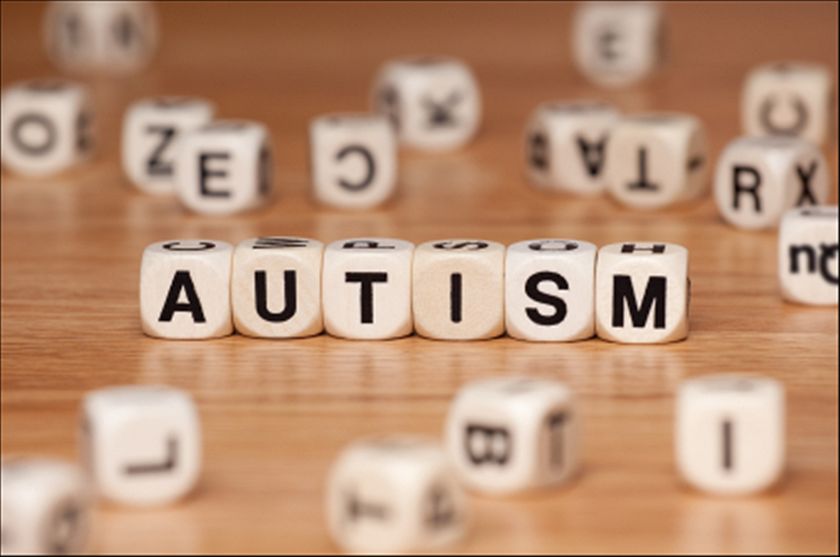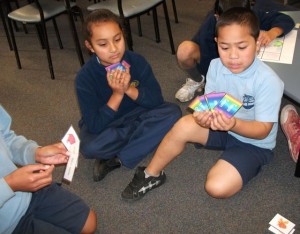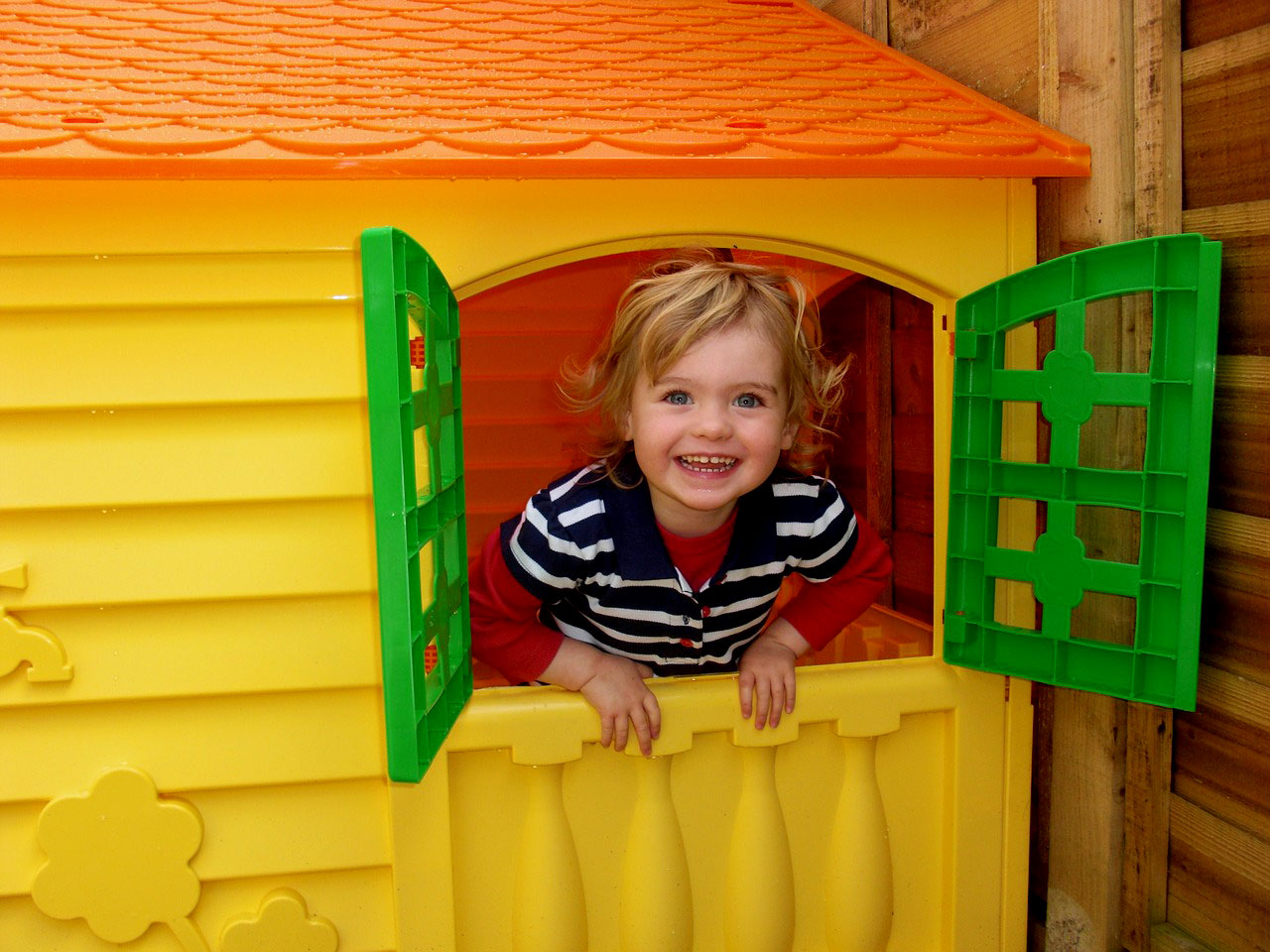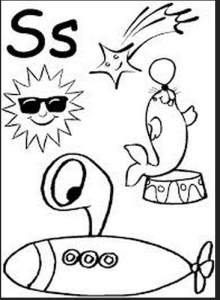As we finish up April and Autism Awareness Month, we share with you some strategies for autism therapy at home. Since the early 1970’s the United States has recognized April as Autism Awareness Month and autism advocacy groups take this special opportunity to educate the public about autism and related issues within the autism community. Autism Spectrum Disorder (ASD) and autism are both general terms for a group of complex disorders of brain development. They are characterized by varying degrees of difficulties in social interaction, verbal and non -verbal communication and repetitive behaviors. ASD affects over 2 million people in the United States and tens of millions worldwide. Rates have increased 10-17% annually in recent years, with no established explanation.
5 Favorite Board Games for Speech Therapy
Games and Activities Language Building GamesDid you know that some of our old favorite board games are also great speech therapy tools? Yes, that’s right! You can help improve articulation and speech skills while enjoying quality time with your child. As we finish up Spring Break, (or some of us are just beginning), we are sharing with you some of our favorite classic children’s games that can also be used to teach new speech skills. The games that we have listed provide good opportunities for meaningful language, speech and social learning.
Hint hint…also a great addition to the Easter Basket!
5 Awesome Activities for Children with Autism!
At Home Ideas Autism Games and Activities Language Development News Speech Disorders
 As we celebrate National Autism Awareness month, we’d like to share with you ideas for activities that help support children with autism. Autism is an increasingly more common neurological condition that affects brain development. As such, children diagnosed with autism have more difficulty socializing with others, effectively communicating and responding appropriately to the environment around them. Are there activities that you can do with your child to help encourage effective communication and engagement? Yes, read on!
As we celebrate National Autism Awareness month, we’d like to share with you ideas for activities that help support children with autism. Autism is an increasingly more common neurological condition that affects brain development. As such, children diagnosed with autism have more difficulty socializing with others, effectively communicating and responding appropriately to the environment around them. Are there activities that you can do with your child to help encourage effective communication and engagement? Yes, read on!
If your child has autism, you know that it affects each child differently. Children with autism possess a wide variety of skills, strengths, and needs. In addition to individualized therapy, there are simple, everyday activities that parents, teachers and caregivers can do to help support children with autism. We’ve put together a list of materials and fun activities that encourage social skills, and enhance communication for children with autism.
What kinds of activities and games are best? An article in Science Daily, discussed the importance of play in children with autism spectrum disorders (ASD). “Children with ASD chose to engage in play that provided strong sensory feedback, cause-and-effect results, and repetitive motions,” said Kathy Ralabate Doody, Ph.D., assistant professor of exceptional education at SUNY Buffalo State. Any opportunity to explore colors, shapes, textures and sensory experiences can help stimulate attention and create a sense of fun!
5 Ways to Use Technology for Speech Therapy at Home
Apps Articulation Disorders At Home Ideas Language Development News Parents' Corner Speech Disorders
This week, Microsoft made a big announcement that it will soon be offering Office for the iPad! This is great news for those looking to create and edit documents, spreadsheets and presentations on the iPad or mobile device. This latest announcement further demonstrates the prevalence of technology in our lives presently and in the future. Can technology help dedicate time to working on speech therapy at home? Absolutely! If you have access to mobile device such as an iPad, there are many free apps and online resources that can help your child improve his or her communication skills with speech therapy at home.
S is for Spring, not Lisp! Speech Sheets for the ‘S’ Sound
Articulation Disorders At Home Ideas Language Development Lisp Parents' Corner Pronunciation & Lisps Speech Disorders Speech Therapy Techniques
Spring has sprung, and what better time to practice those “s” sounds! Did you know that the “s” sound is one of the most mispronounced sounds in the English language? According to Pronunciation Workshop, approximately half of all “s” sounds in English are pronounced as a letter “z” or “th.” For a child with a speech impediment, the “s” sound proves particularly challenging. Common in articulation disorders, a child drops the “s” sound all together such as “and,” instead of “sand”. Or a child may mispronounce the “s” sound at the beginning or end of a word, giving him a lisp.






